Roses are the symbolic flower of Morocco – it signifies love, fidelity, and joy. Roses have been revered for centuries in Moroccan sacred ceremonies, vibrant weddings, and formal occasions. Nowadays, roses are harvested across Morocco, turned into rose water and rose oil, used daily, and distributed globally, such as in the cosmetics industry. Indeed, these flowers do more than beautify the surroundings; they offer many benefits.
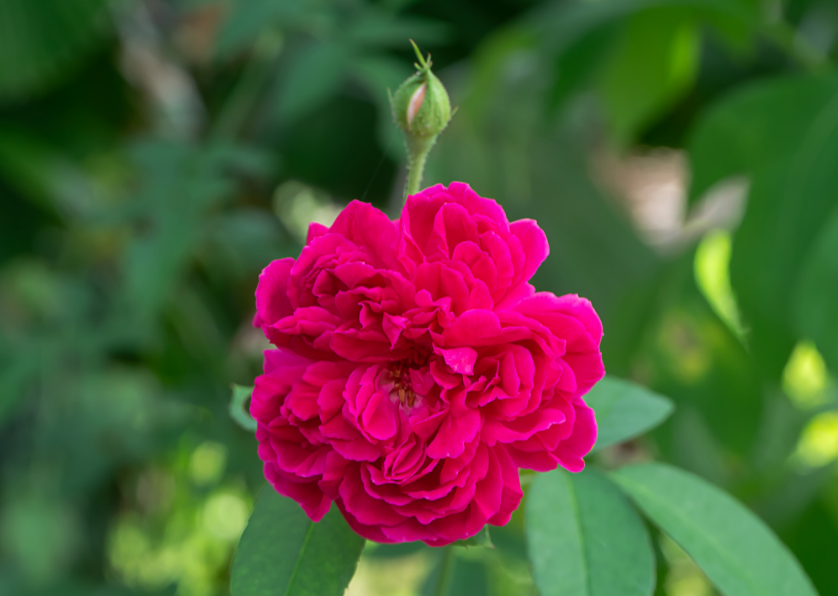
Morocco’s Valley of Roses
High up in the Atlas Mountains, six hours south of Marrakech, you will find Morocco’s Kelaat-M’Gouna or the ‘Valley of Roses.’ Famous for roses, nobody knows when or how roses first made their way to this remote corner of Morocco.
As legend has it, this species of rose originated from ancient Syria and was brought by Amazigh traders hundreds of years ago. They planted Rosa damascena, known as the Damask rose, celebrated in myth for centuries for its perfume.
In the primary growing season (from April to mid-May), the valley produces approximately 3000 to 4000 tons of wild roses every year. It’s sprouting everywhere: up from hedgerows, along stone walls, covering farmer’s fields.
Roses are hand-picked by women and sold by co-ops scattered across the valley before dawn each day. Many of them are purchased by distilleries to create rose water, soaps, potpourri, and more.
The Moroccan Rose Festival
An annual rose festival called ‘Moussem’ is held in Kelaat-M’Gouna (Valley of Roses) in Morocco, during mid-May when millions of roses are harvested, and special events and competitions are held. It lasts for three days to celebrate the arrival of the blooming roses.
Visitors from around the world and other regions come to this festival, and tourists flock because of its perfumes and cosmetics made from rose water and the warm hospitality and friendliness of the locals. The festival also allows visitors to explore the small fair and the artisanal and agricultural products of the Kelaat. Several sponsors and tourists return each year, which contributes to the economy of the region.
Kelaa M’Gouna and its neighboring villages celebrate these days of grand celebration by throwing rose petals at visitors, sprinkling them with rose water, and electing the rose queen. Women traditionally dress in black or white, and men in traditional Djellabah go to the city’s center in the morning to watch the annual parade.
Amazighs decorate their houses with rose petals; women create necklaces and dances. The parades include traditional formations and folk dances.
Every evening, there will be dancing in several rose gardens. Everyone is invited to participate in the election of Miss Rose by choosing, among the young single girls registered, the one who will be crowned queen for the day. The newly elected Miss Rose will ride a decorated and scented float, paraded and cheered on.
Benefits of Moroccan Rose Water for Skin
In Moroccan culture, roses and rose water, which contains all the benefits of roses, are highly regarded. It is a natural toner and a perfect mist for the face to soothe, hydrate, tone, cleanse and remove excess oil. Hence, it is used in Moroccan beauty rituals, particularly during the Moroccan bath or Hammam. It is added to a Moroccan clay mask called Ghassoul to make it more fragrant and boost purity and used after the hammam bath for more freshness.
Beyond its wonderful fragrance, Rose Water is a must-have in every woman’s cosmetic bag for its many benefits.
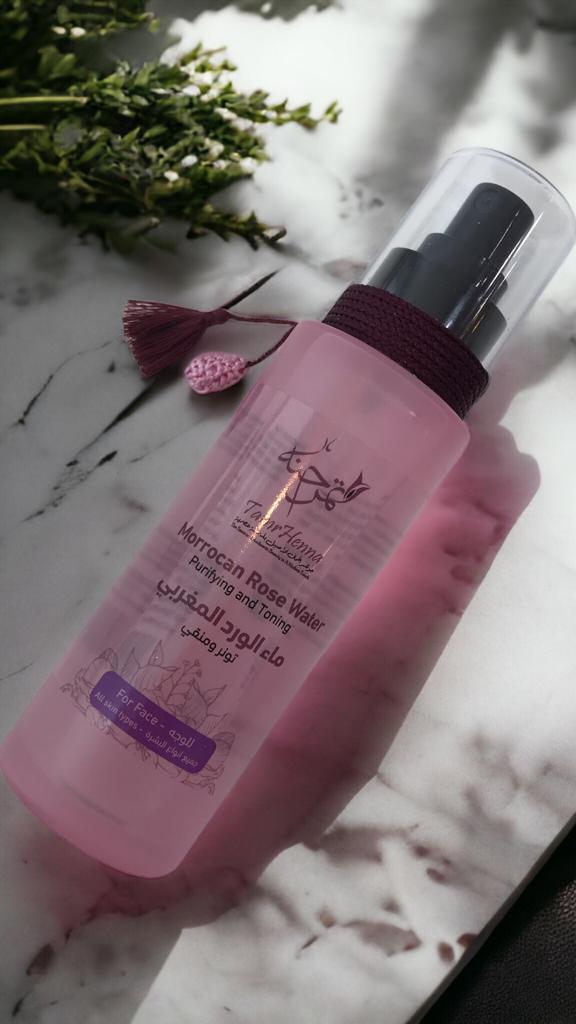
We at Tamr Henna use Rosa Damascena as the main component in our Moroccan Rose Water. It is steam distilled from Moroccan rose petals and captures all the roses benefits and their wonderful aroma.
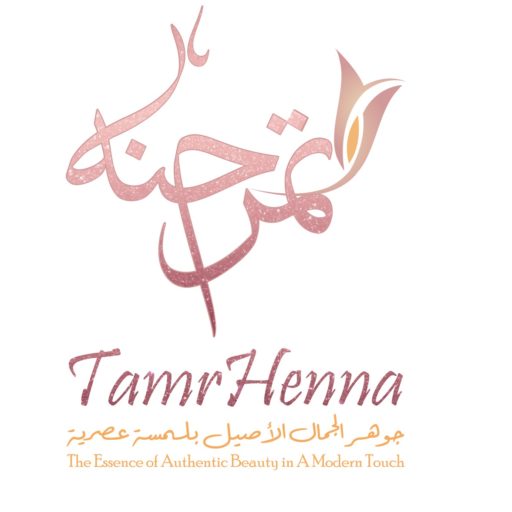
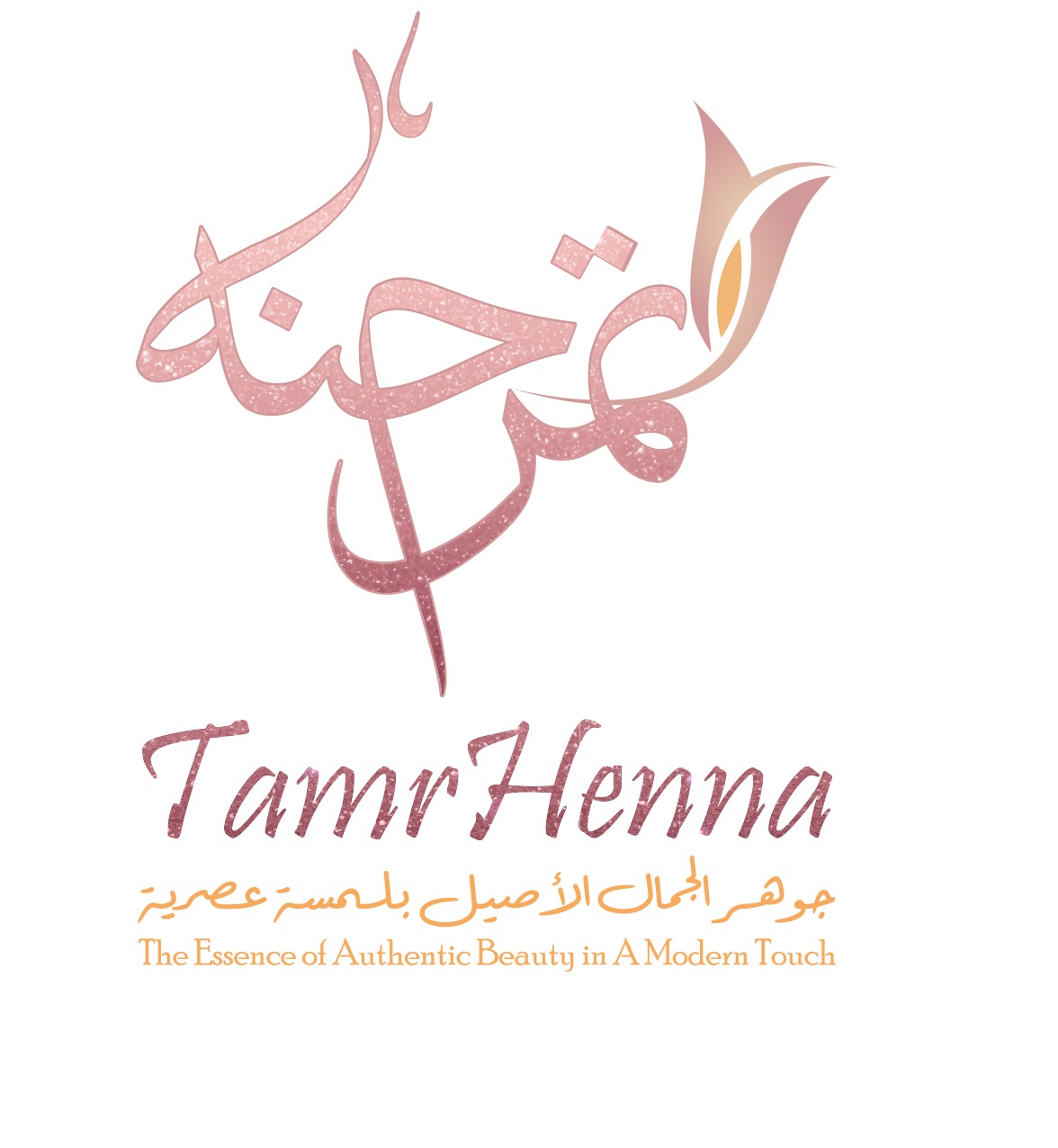
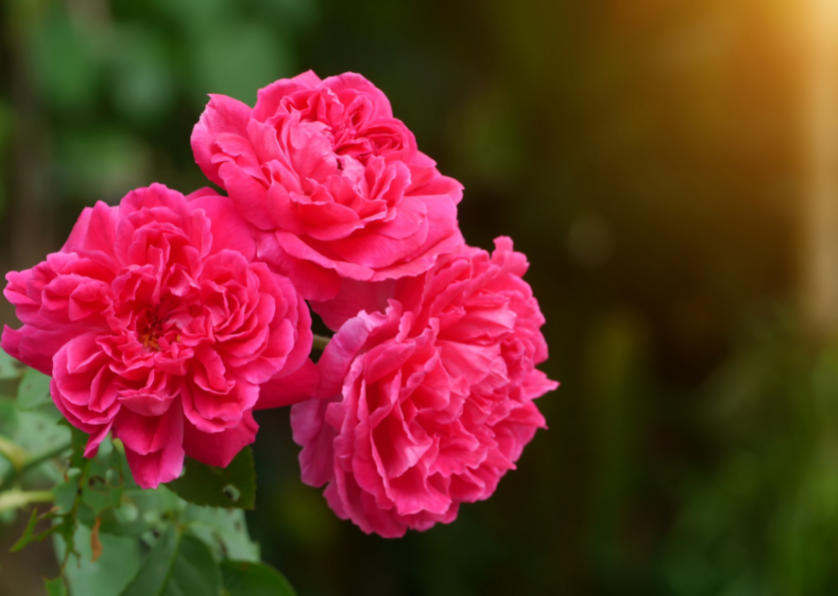
Leave a Reply